Dhaka, Jan 23 (V7N) — The Appellate Division of the Supreme Court has set February 13 as the date for a review hearing concerning its earlier ruling on the warrant of precedence for key state officials. The hearing will be conducted by a three-judge bench led by Senior Justice Md. Ashfaqul Islam.
The review petition, filed by the Bangladesh Judicial Service Association, was represented in court by Barrister Nihad Kabir. Senior lawyer Ahsanul Karim and Barrister M. Abdul Qayyum appeared on behalf of the Deputy Attorney General and Assistant Attorney General, who are also parties to the case.
The Warrant of Precedence, which determines the hierarchical protocol of important state officials, was first prepared by the Cabinet Division in 1986. After receiving presidential approval, it was issued on September 11 of that year and subsequently amended multiple times. However, the protocol ranked constitutional office holders below administrative cadre officers, leading to a legal challenge.
In 2006, Md. Ataur Rahman, then Secretary General of the Bangladesh Judicial Service Association, filed a writ in the High Court contesting the validity of the warrant. The High Court, on February 4, 2010, declared the 1986 Warrant of Precedence (as amended) invalid and issued an eight-point directive.
The state appealed the High Court's decision in 2011, and on January 11, 2015, the Appellate Division issued a modified ruling, replacing the High Court's eight-point directive with three key directions:
1. Constitutional office holders will take precedence over administrative officers, as the Constitution is the supreme law.
2. District judges and officials of equivalent rank will be placed at position 16 alongside government secretaries.
3. Additional secretaries will follow at position 17, ranked below district judges.
The Bangladesh Judicial Service Association filed a review petition against the Appellate Division’s 2015 verdict. The Deputy Attorney General and Assistant Attorney General later joined the case as parties. The outcome of the February 13 hearing is expected to address lingering concerns over the hierarchical precedence of constitutional office holders and administrative officials.
This case continues to draw attention as it pertains to the interpretation of constitutional supremacy and the balance of power within state institutions.
END/MSS/AJ



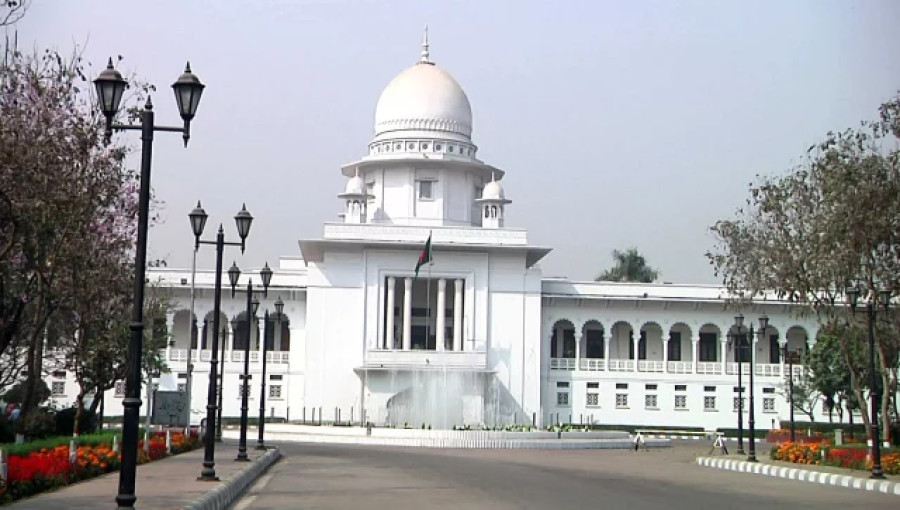
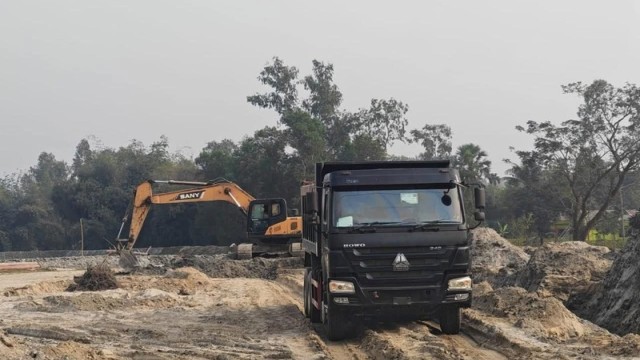
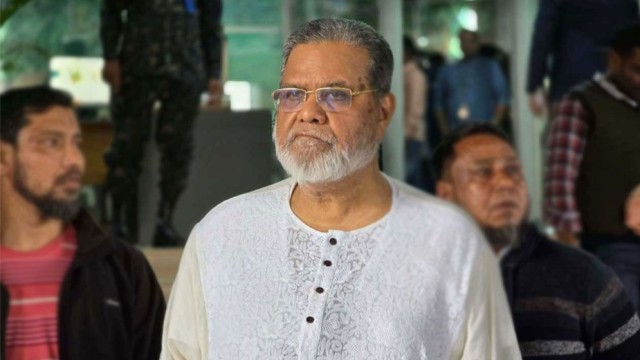
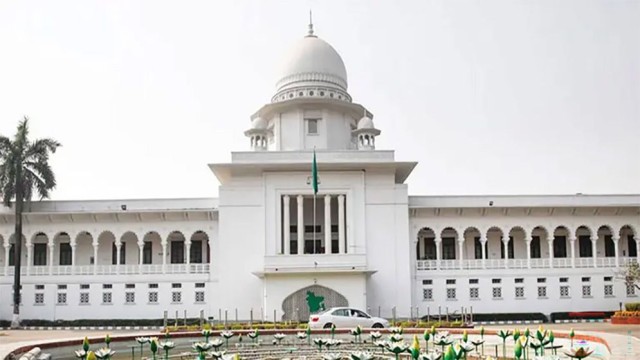
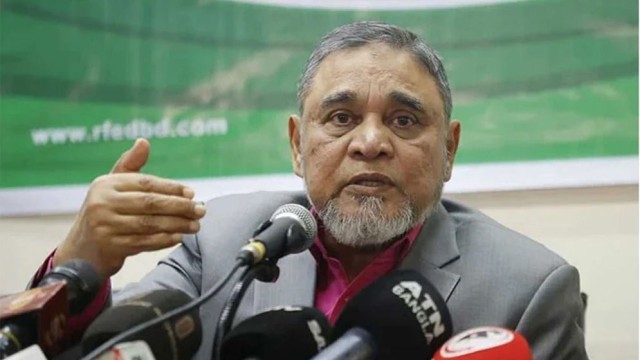
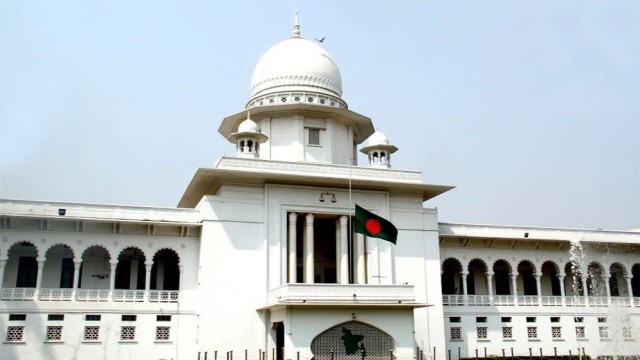


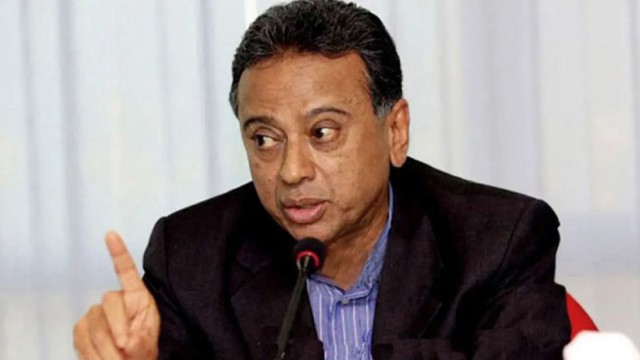

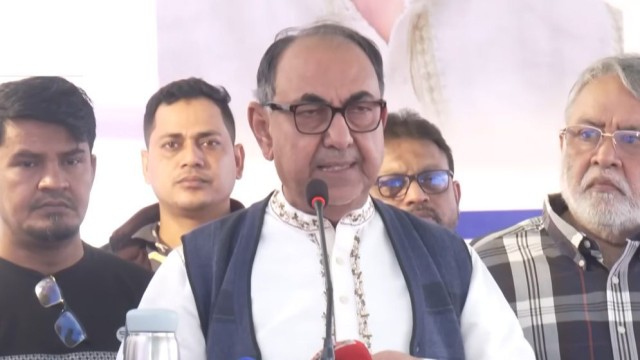
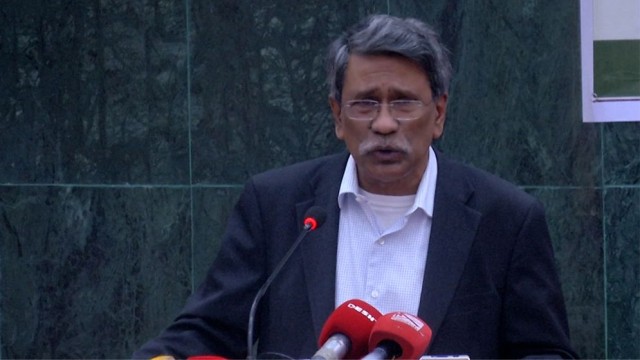
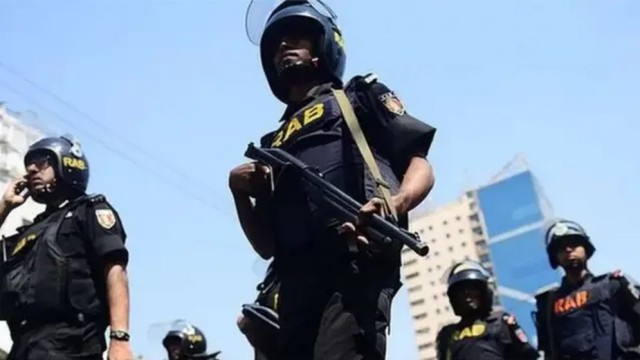
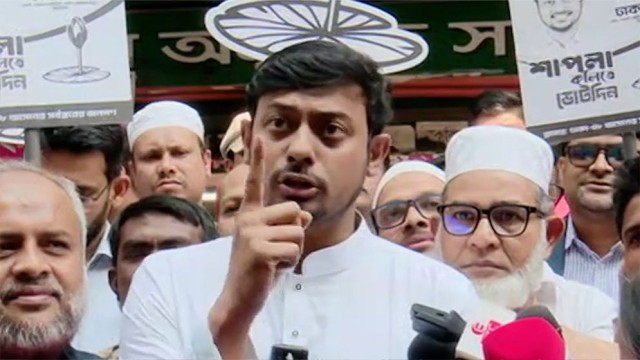
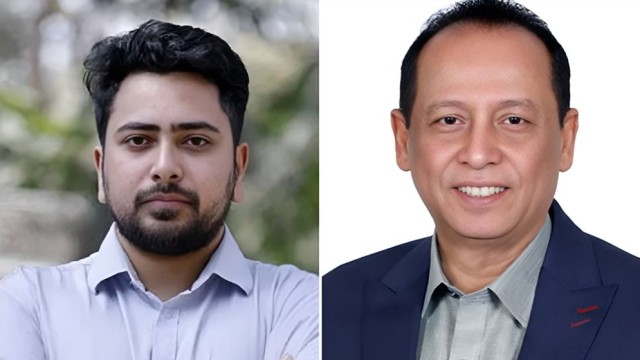
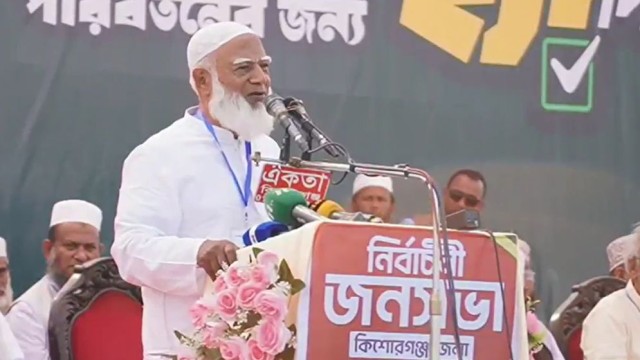
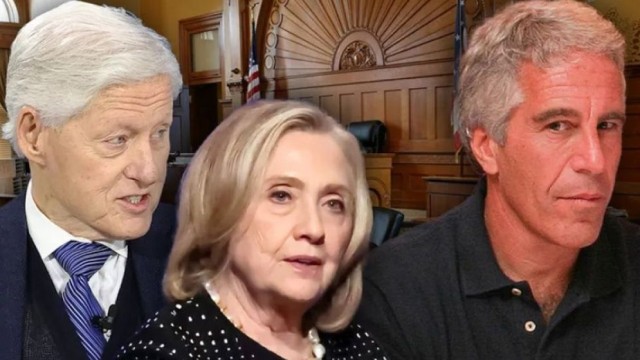





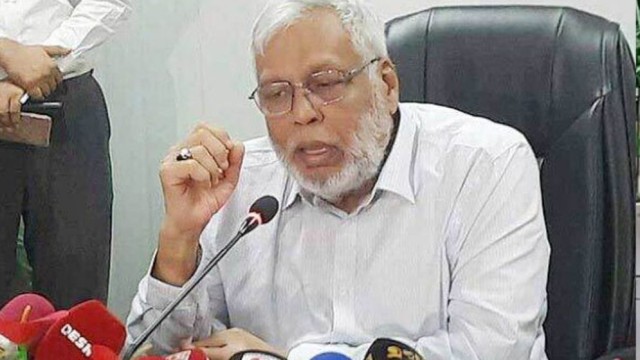


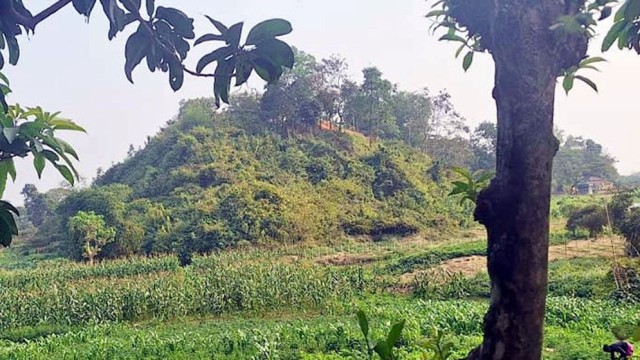

Comment: